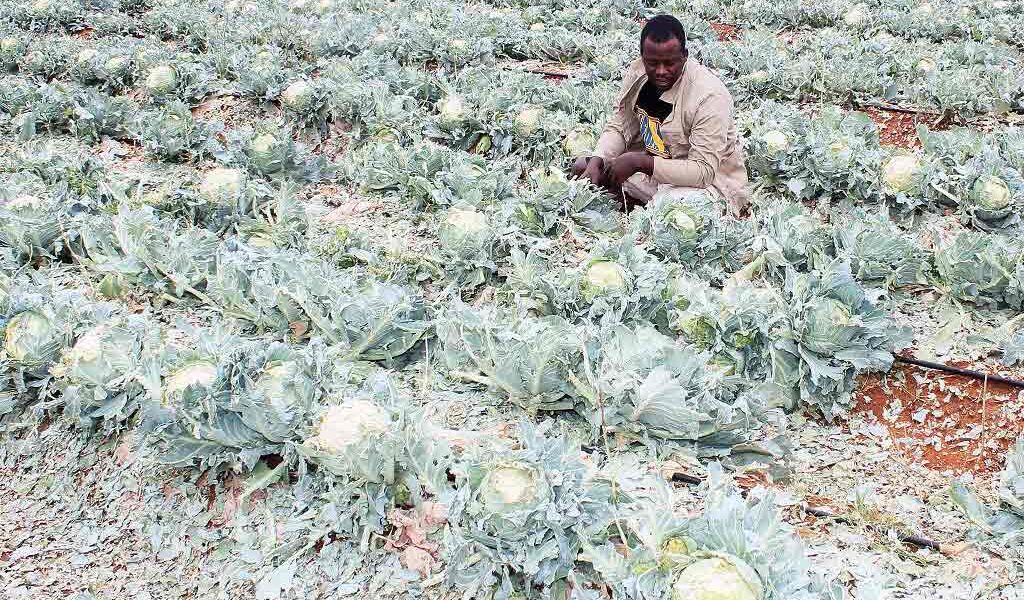AFRICAN BUSINESS MAGAZINE
The green revolution was a game-changer for Asian economies and offers many examples for African states to follow today. Over the course of three decades, Asian policymakers were able to keep a lot more of their rural populations on the farms than is the case in Africa today. Success was achieved through focusing on agriculture and providing a supportive policy framework.
Africa remains underfed and it fails to produce even two-thirds of all that it consumes. Clearly, there is a crying need to help develop responsible agriculture. Many objectives can be achieved by investing in and strengthening smallholder farmers and planters in Africa.
The positive impact would be felt on improved food security, reduced import bills, increased rural and overall employment, poverty eradication, more robust rural infrastructure and a healthier population and economy. Policymakers will only be too thrilled to achieve these outcomes.
Developing responsible smallholder agriculture will squarely address the 17 sustainable development goals adopted by the United Nations and contribute to achieving the “High 5” priorities of the African Development Bank (lighting up Africa, feeding Africa, industrialising Africa, integrating Africa and improving the quality of life of the continent’s people). In India, banks have for long been obliged to commit to the “priority sector”.
It was not easy for the banks to commit to the rural presence that policies required, but these policies were made to provide critical support platforms for smallholder agriculture. Along with access to banking, the Indian system also developed agricultural markets with close access to farming communities.
In their own ways, Malaysia and Indonesia also worked at developing sparsely inhabited areas and put in place programmes to encourage rural populations to occupy and work on these lands. They also actively relied on corporate investors to open up new areas.
Income from agriculture remains tax-free in India and the sector is largely reserved for smallholders. Thailand’s rubber, oil palm, rice and fruit are all primarily smallholder owned.
Keys to success
Asian policymakers channelled significant funding to their agricultural sectors. The investments went into infrastructure, subsidies for power consumption, water and agri-inputs. They also developed agricultural universities and research bodies.
Today, the global economic policy and corporate environment is much better structured to serve the development needs of African agriculture and smallholders. In addition, the new digital capabilities can help the sector with precise information, instantaneous communication and accessible training.
Policymakers can attract experienced multinational corporations for developing the smallholder sector. Working together will be the key to success.
Mahbob Abdullah is a retired planter and now an author, board member, advisor, speaker and consultant.
Ranveer S. Chauhan is managing director and CEO for edible oils and natural rubber business at Olam International Ltd

